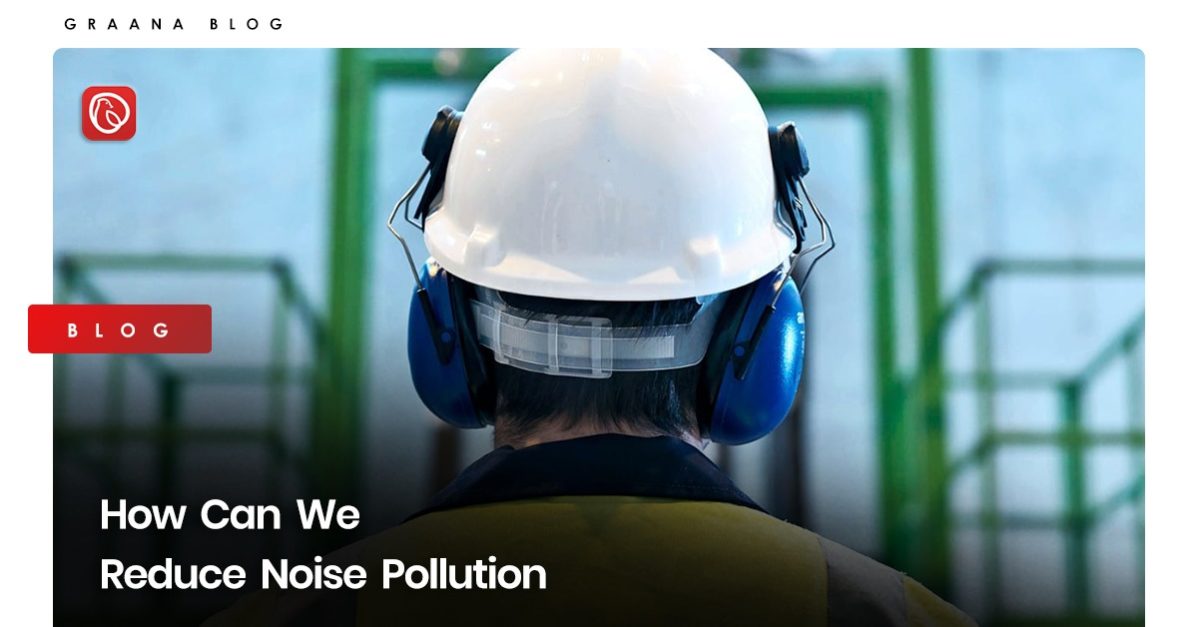How Can We Reduce Noise Pollution, and what are the causes of noise pollution? A question that must be addressed in the society at all levels. Noise pollution is a growing problem in urban areas, with constant honking of horns, roadwork, and overhead aircraft creating a din that affects our health and the environment.
It can have serious consequences, ranging from sleep disturbance and stress to hearing loss and even premature death. The impact of noise pollution extends beyond humans, as it can also interfere with the natural cycles of wildlife and contribute to the decline of certain species.
Graana.com delves into the effects of noise pollution and suggests ways to reduce noise pollution.
Causes of Noise Pollution
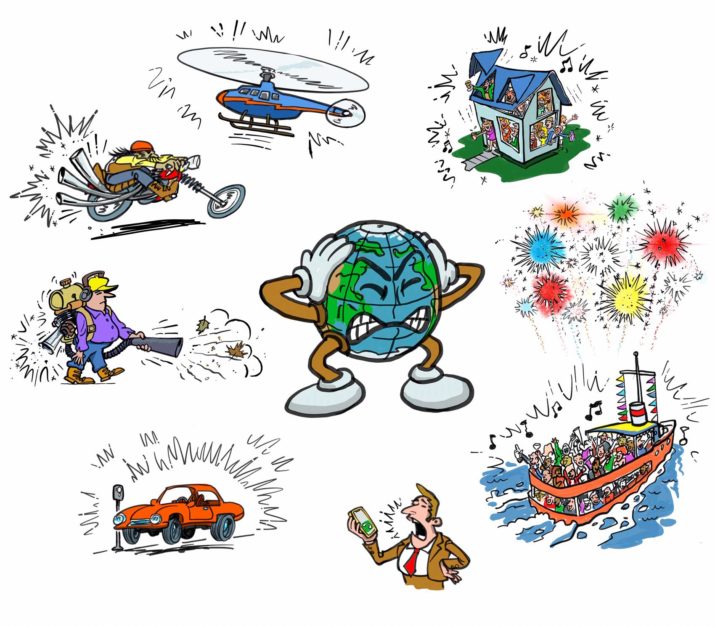
Some of the underlying causes of noise pollution include:
Transportation
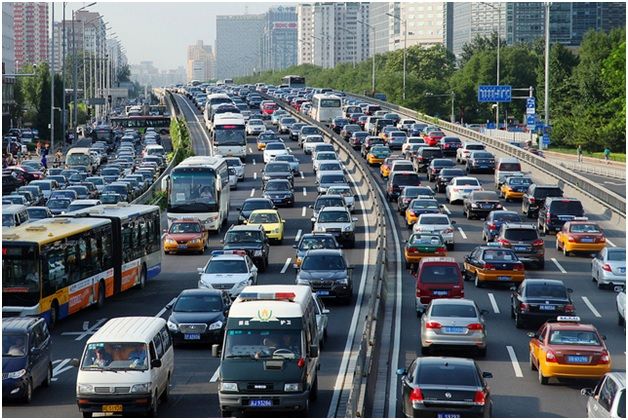
The use of cars, buses, and trains can generate significant noise pollution, affecting the quality of life for those living in nearby communities. For instance, the noise from trains can disrupt the sleep of those living near the tracks, leading to chronic sleep disturbance and other health problems. Similarly, the roar of aircraft engines can disrupt the sleep of those who live near airports.
Industrial Activities
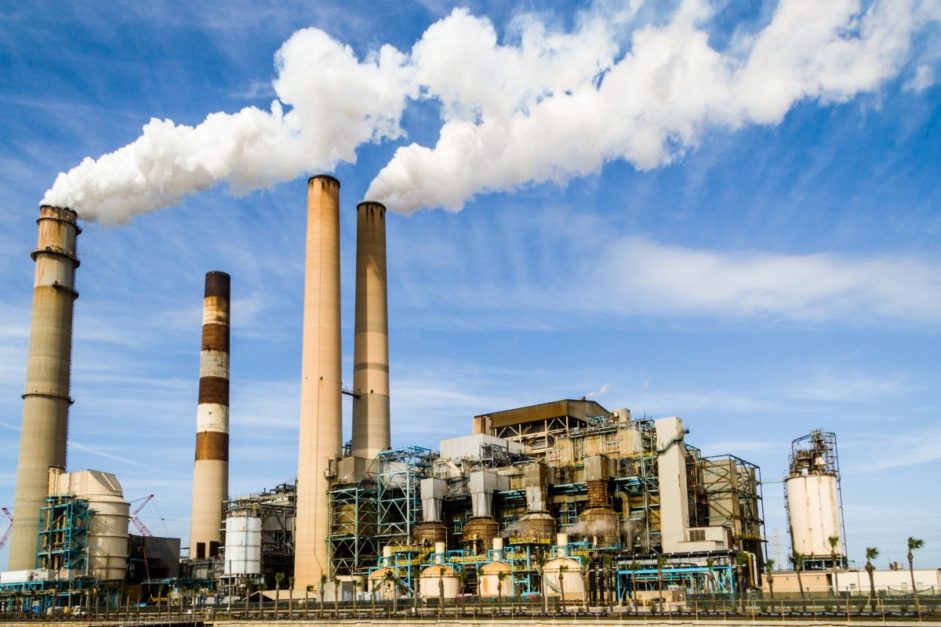
Factories, construction sites, and other industrial activities, such as factories and construction sites, can produce excessive noise and are one of the significant causes of noise pollution. Heavy machinery, power tools, and other equipment in these settings can generate loud noises that can impact the health and well-being of those living and working nearby.
Large Events
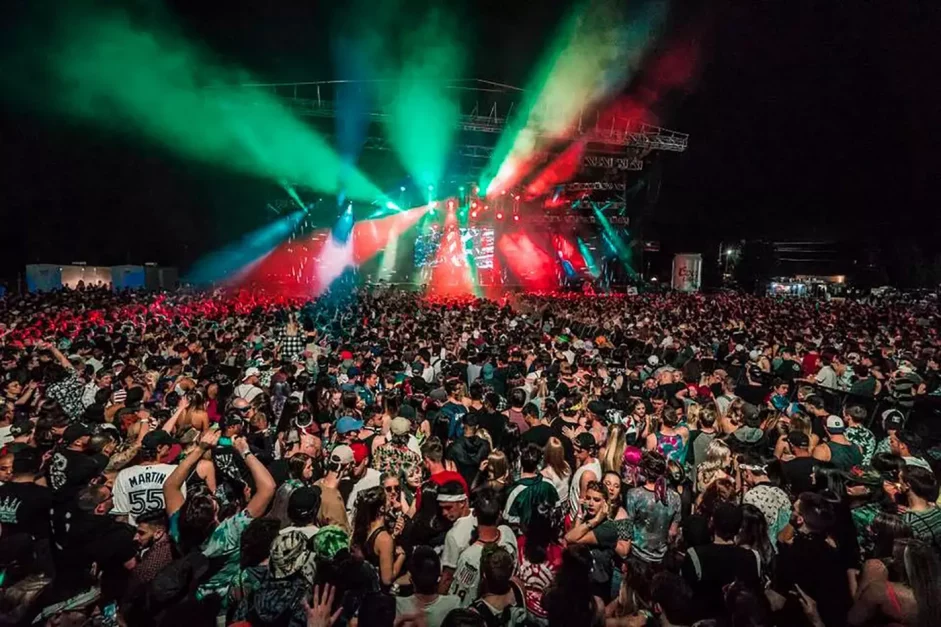
Large-scale events, such as concerts and sporting events, can also be a significant source of noise pollution. The use of loudspeakers, amplified music, and cheering crowds can generate substantial noise pollution, especially in outdoor venues.
Natural Causes
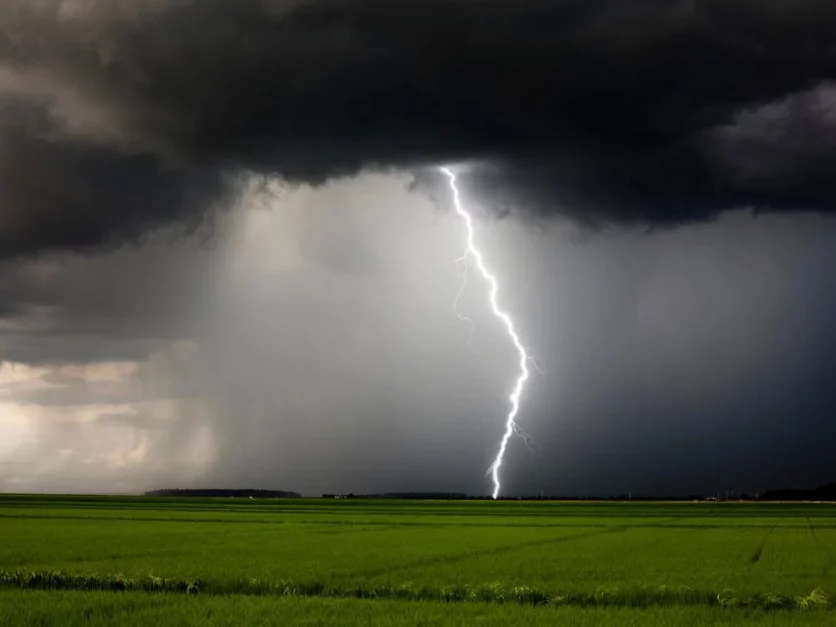
In addition to man-made sources of noise pollution, natural causes can also contribute to excessive noise levels. These include thunder, earthquakes, and winds. For instance, strong winds can generate substantial noise, especially in areas with high wind turbulence, such as those near tall buildings or areas with complex topography.
Poor Urban Planning
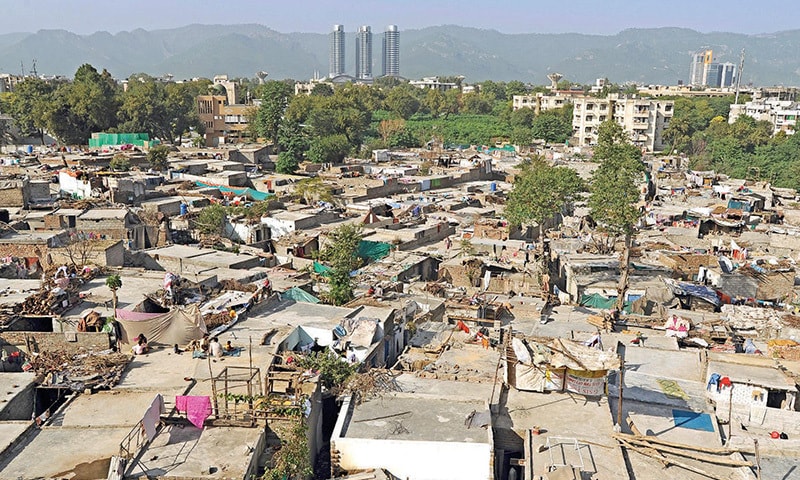
Inefficient urban planning can also contribute to increased levels of noise pollution. One example of this is the building of highways near residential areas. The noise generated by traffic can have a serious impact on the health and well-being of those living in the affected communities. This can include hearing loss, sleep disturbance, stress, and decreased cognitive function.
In some cases, highways may also generate substantial levels of noise pollution by reflecting and amplifying sounds from other sources, such as industrial activities and large-scale events.
Ways to Reduce Noise Pollution
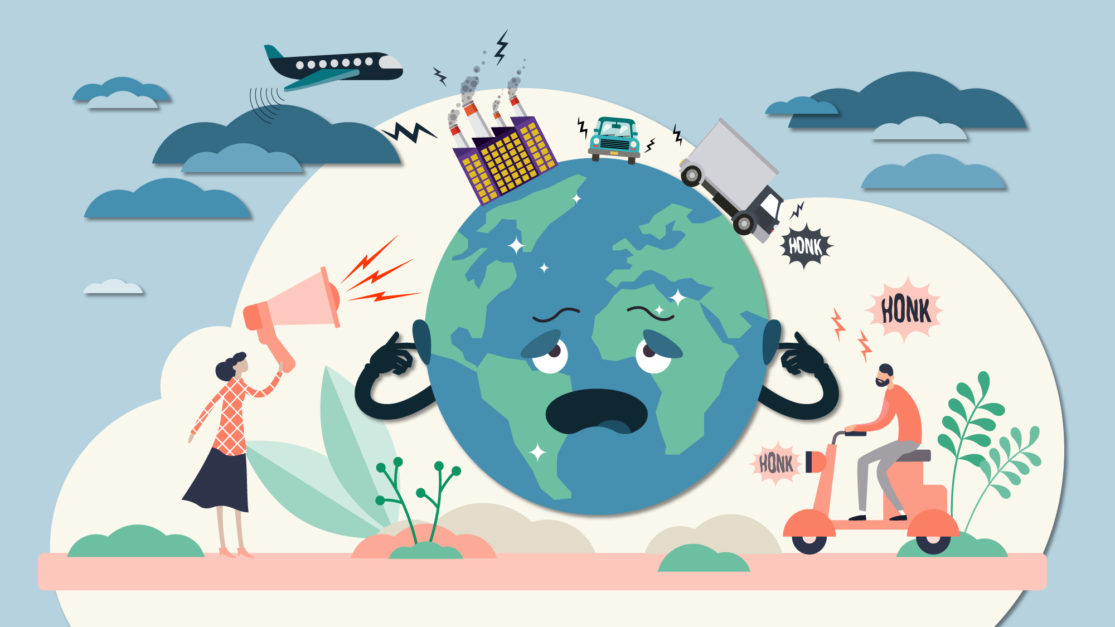
Below are some useful ways that can help reduce noise pollution:
Restricting Noise at Its Source
One of the most effective ways to reduce noise pollution is to implement noise regulations for transportation, construction, and industrial activities. Governments can also enforce penalties for excessive noise and incentivize businesses to adopt best practices for reducing noise.
Soundproofing
Another way to reduce noise pollution is to soundproof rooms and public spaces. This can be done using materials like double-paned windows, insulation, and soundproof doors or by installing acoustic panels on walls and ceilings.
Urban Planning
The design of our cities and communities also plays a role in reducing noise pollution. For example, by building homes, schools, and parks away from noisy roads and highways, and by planting trees and other vegetation as sound barriers, we can create a more peaceful environment.
Limit the Use of Loud Machinery
Industries and construction sites can limit the use of loud machinery during specific hours, or invest in soundproofing materials to reduce the noise generated.
Promote Public Transportation
Encouraging the use of public transportation, such as trains and buses, can reduce the number of cars on the roads and, hence, reduce traffic noise.
Implement Noise Regulations
Governments can implement noise regulations to limit the amount of noise produced by commercial and residential areas. This can include setting noise levels for construction sites and penalizing organisations that exceed the limit.
Use Sound Barriers
Sound barriers, such as walls, fences, and trees, can be used to reduce noise pollution. They act as physical barriers that absorb or deflect sound waves, reducing the amount of noise.
Educate the Public
Awareness campaigns can be launched to educate the public about the harmful effects of noise pollution and the ways in which they can be reduced.
In conclusion, reducing noise pollution and, thus, creating a healthier environment requires the cooperation of individuals, organizations, and governments.
Follow Graana’s blog for more information.
FAQs
What are the main sources of noise pollution?
Familiar sources of noise pollution include traffic (road, air, and rail), construction activities, industrial machinery, loud music or parties, household appliances, and public events.
How does transportation contribute to noise pollution?
Transportation, such as vehicles, airplanes, and trains, can produce high levels of noise due to engine noise, exhaust systems, honking, and traffic congestion, especially in urban areas.
Can industrial activities be a cause of noise pollution?
Yes, industrial activities like factories, power plants, and construction sites often generate loud noises from machinery, equipment, and construction work, leading to noise pollution in the surrounding areas.
Are loud music and public events significant contributors to noise pollution?
Yes, loud music from concerts, nightclubs, and public events, as well as fireworks displays, can contribute to noise pollution, particularly in nearby residential areas.
Can household appliances and equipment contribute to noise pollution?
Household appliances such as vacuum cleaners, air conditioners, blenders, and power tools can produce noise that can add to the overall noise pollution, especially if used excessively or without proper insulation.
How does construction activity impact noise pollution?
Construction activities involve the use of heavy machinery, power tools, and other equipment, which generate significant noise levels. The continuous construction work in residential or commercial areas can cause prolonged noise pollution.
Are there any health effects associated with noise pollution?
Yes, exposure to excessive noise levels over a prolonged period can lead to various health issues, including stress, sleep disturbances, hearing loss, hypertension, cardiovascular problems, and impaired cognitive function.
What measures can be taken to reduce noise pollution?
Some strategies to reduce noise pollution include implementing noise regulations and standards, using noise barriers and soundproofing techniques, promoting quieter technologies and transportation, and raising awareness about the harmful effects of noise pollution.
